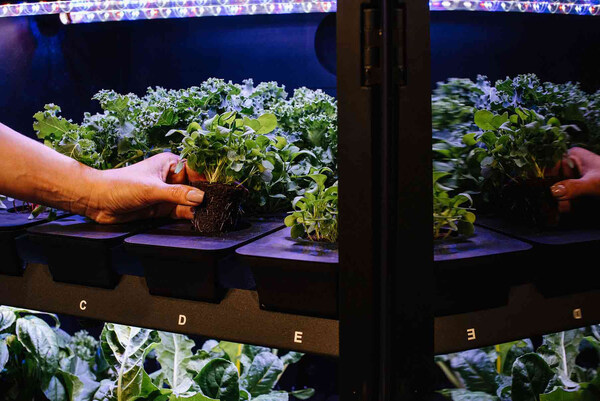A new chapter in naval sustainability is about to unfold as the Combat Support Ship Asterix gears up for the installation of a groundbreaking vegetable farming system. Federal Fleet Services has announced the ship’s forthcoming use of cutting-edge AI-based technology designed to grow and harvest fresh vegetables while at sea. This innovative move, scheduled for September, is expected to transform the crew’s access to fresh produce, even during prolonged deployments.
The advanced system, developed by Agwa, relies on artificial intelligence to operate a fully automated vegetable-growing environment. Using a trio of key data streams—Image Analysis, Sensory Data, and Consumer Behavior—the technology continually monitors and adjusts conditions to ensure the healthiest crops possible. The “Virtual Agronomist,” as the AI is called, tailors its approach in real time, adapting to environmental changes to maximize growth efficiency.
John Schmidt, CEO of Federal Fleet Services, emphasized the significance of this advancement: “We are continuously striving to provide the best working and living conditions for our combined Federal Fleet and Royal Canadian Navy team onboard. Fresh leafy greens have a shelf life of around seven days, and our deployments offshore can be several weeks, so being able to grow our own onboard, available at any time, is a real game-changer. Who knows, maybe we will grow enough to be able to replenish other ships with fresh produce grown onboard Asterix.”
Eli Feiglin, Chief Commercial Officer of Agwa, likened the system to a coffee capsule machine: “The system is comparable to a coffee capsule machine with seed pods being inserted, and the AI systems control the rest. All the crew has to do is pick it. The system is very much suited to ships spending long periods at sea like naval vessels so we are proud to be working with Federal Fleet Services on this project.”
Alex Vicefield, CEO of Inocea Group, which owns Federal Fleet Services, added, “This is another example of where we are investing our own funds in technologies that are useful, pioneering, and contribute to the well-being and safety of the crew and vessel. Other recent examples include the installation of Starlink high-speed unlimited internet and the MARSS NiDAR Multidomain Command and Control System.”
The adoption of this technology represents a major leap toward self-sufficiency for naval missions. By reducing dependence on external food supplies and ensuring a steady provision of fresh vegetables, the Asterix is setting a new standard for sustainability at sea. This initiative will not only enhance the well-being of the crew but also pave the way for more eco-friendly practices within naval operations.
